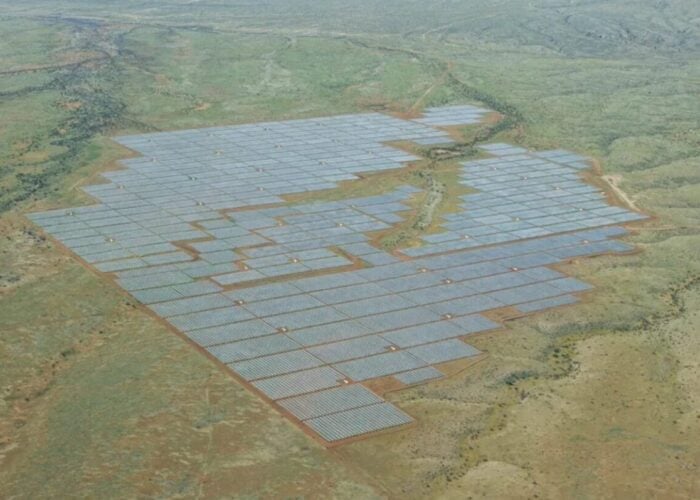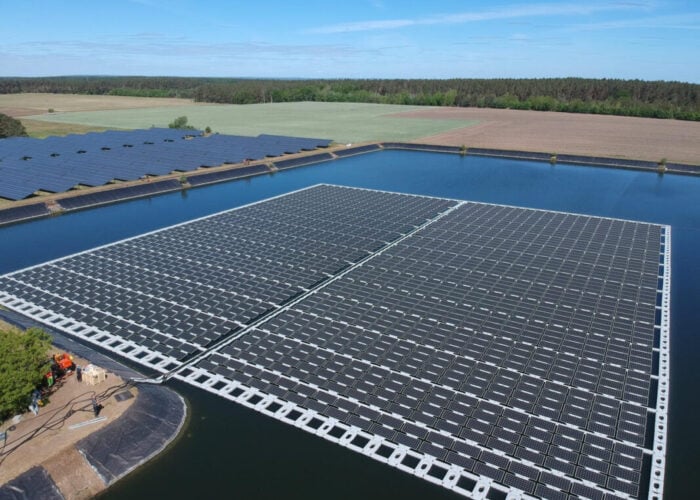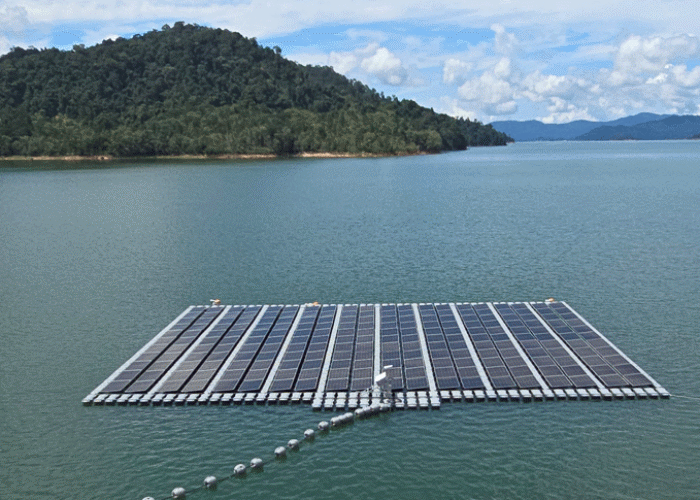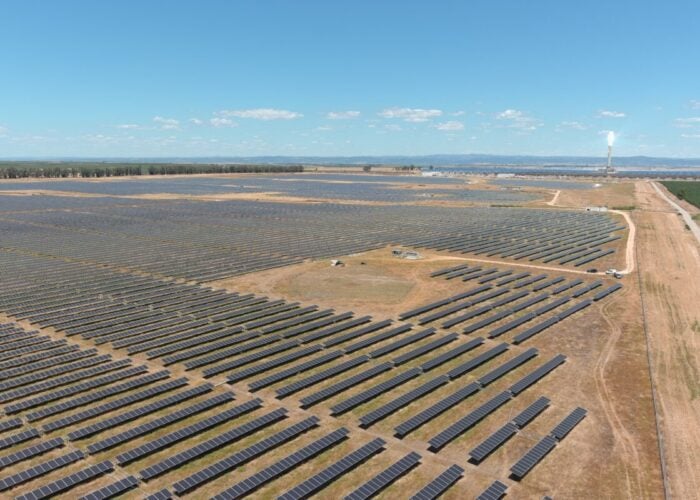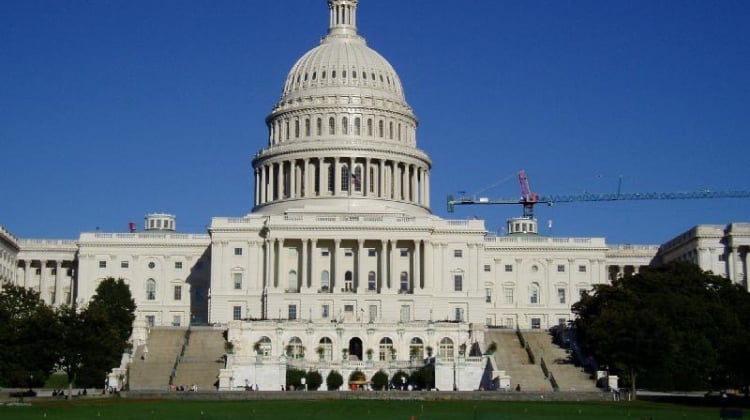
Dozens of major corporate entities in the US have joined renewable energy organisations in demanding greater action on the Biden administrations’ budget reconciliation package for clean energy and manufacturing as Congress returns from recess.
With progress on the clean energy agenda so far stymied, reports have suggested that obstructive Democratic senator Joe Manchin is seeking an alternative package with Republican lawmakers.
Unlock unlimited access for 12 whole months of distinctive global analysis
Photovoltaics International is now included.
- Regular insight and analysis of the industry’s biggest developments
- In-depth interviews with the industry’s leading figures
- Unlimited digital access to the PV Tech Power journal catalogue
- Unlimited digital access to the Photovoltaics International journal catalogue
- Access to more than 1,000 technical papers
- Discounts on Solar Media’s portfolio of events, in-person and virtual
As the saga of the Biden administration’s inability to pass its clean energy and manufacturing economic package – dubbed Build Back Better (BBB) – drags on, nearly 50 large corporates in the US have written a letter to Congress urging lawmakers to “swiftly come to an agreement on and pass an economic infrastructure package” centred on clean energy and manufacturing.
The signatories – Adobe, Airbnb, IKEA, eBay, Ben & Jerry’s, Holcim, HP, JLL, Levi Strauss & Co., Logitech, Lyft, Redfin, PSEG, Salesforce, Sierra Nevada, Unilever and more – called for “fiscally-responsible clean energy investments” in the following areas:
- Clean energy tax credits for electric transmission and utility-scale solar, wind, storage, carbon sequestration, nuclear and clean hydrogen.
- Incentives and investments in domestic clean energy supply chains, advanced manufacturing and government procurement.
- Electric vehicle (EV) and charging infrastructure tax credits for individuals (including used EVs and ebikes) and corporate fleets.
- Residential solar and energy efficiency incentives and investments, especially in low-income communities.
- Rural development and resiliency investments in climate-smart agriculture and forestry.
They said the above investments were necessary to achieve lower costs and greater stability for US businesses, reduce supply chain delays and disruptions, ensure equity and opportunity for communities across the country and strengthen US global competitiveness in the “industries of today and tomorrow”.
“As we look to the future, clean energy will be the backbone of America’s economic infrastructure and the key to the global competitiveness of American businesses,” said the signatories to the letter, organised by sustainability non-profit Ceres. “The time to invest in and build that economic infrastructure is now. America cannot afford to wait as other countries gain a competitive edge.”
This is just the latest call for greater progress on the Act. In February, more than 60 clean energy organisations wrote to congressional leaders urging them to pass the Build Back Better (BBB) Act before President Biden’s State of the Union Address on 1 March, in which Biden emphasised the need for more renewables investment and tax incentives to speed up solar deployment.
And in January, over 260 companies in the US demanded urgent action on the BBB Act, claiming that US$2 billion is being lost in economic activity every month the long-awaited bill is delayed.
Featuring clean energy and climate investments totalling US$555 billion, BBB includes expanded and extended solar investment tax credits (ITC) and support for domestic PV manufacturers, among a host of other green initiatives.
PV Tech Premium has examined what impact BBB could have on the US solar sector.
Manchin turning to Republicans to pass fiscal spending package
Passing of the BBB Act in full has been blocked by Democrat Senator Joe Manchin who said he would not support the legislation, claiming it would “risk the reliability” of the US’s electric grid.
However, Bloomberg has today reported that Manchin is exploring an energy and climate package with Republicans. The news service said he was aiming to win enough Republican support to skirt the partisan budget reconciliation.
“If I can find something bipartisan, we don’t need reconciliation,” Bloomberg reported Manchin as saying in an interview on Monday.
Quoting a person familiar with the matter, Bloomberg reported the potential bipartisan package put together by Manchin could include changes to federal land policy, aid for domestic pipelines and efforts to bolster production of both liquefied natural gas at home and abroad in a clear reorientation towards greater short term fossil fuel extraction.
It could be paired with hundreds of billions of dollars in new and expanded tax credits for wind and solar power, nuclear plants, biofuels and advanced energy manufacturing, the source said.
PV Tech has contacted Manchin’s office for comment. More to follow…


